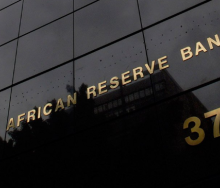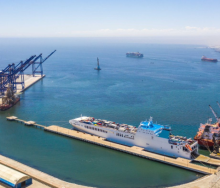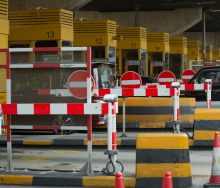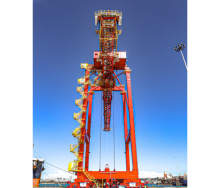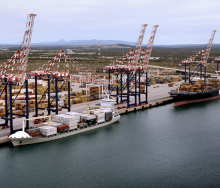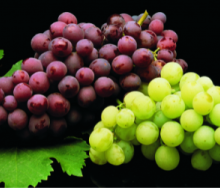Much-needed confidence stemming from strong third quarter (Q3) resurgence in the “other services sector” (made up of hotels, restaurants, transport, and real estate business services), was all but wiped out after last month’s Omicron announcement and subsequent travel bans.
According to the Bureau for Economic Research, confidence in the other services sector jumped from 37 in Q3 to 49 in Q4, underscoring the strength of recovery of businesses in this sector.
“The 32-point increase is the largest ever recorded in the survey’s 16-year history,” the Bureau said after its analysis of a Q4 other services survey.
“This brought confidence to within a hair’s breadth of the neutral 50-mark, which is the point where equal percentages of executives are satisfied and unsatisfied with prevailing business conditions.”
Unfortunately then came Omicron.
“The fieldwork of the survey was conducted before South African scientists went public with the identification of a new Covid-19 variant, later named Omicron, on November 25.
“Starting with the UK, this led to a large number of countries banning travel to South Africa.”
The survey’s findings were especially bad for the hospitality industry, less so for transport and real estate, the Bureau said.
“In terms of the four sectors making up the total, the increase in confidence and activity is derived mainly from hotels and restaurants.
“Transport and real estate contributed to a smaller extent.
“The confidence of hotels and restaurants surged from 11 to 58 on the back of bumper reservations from local and foreign visitors. The 47-point jump was the largest increase between consecutive quarters ever recorded.
“Despite the record increase, confidence in the hospitality industry in Q4 was only back at the level of five years ago. Thus, even before the enactment of the international travel bans, confidence was still relatively unremarkable. This indicates how far it has dropped since the onset of the pandemic and how many businesses continue to struggle to survive despite an increase in restaurant patrons and healthy reservations.
“However, instead of a better high season bringing the hospitality industry a reprieve after surviving 20 months of almost no travel, the international travel bans and the onset of the fourth Covid-19 wave locally have dealt the tourism industry a heavy blow.
“With this happening just before the start of the peak summer holiday season and the fact that the UK and Europe are major source markets for foreign tourists to South Africa, the travel bans could not have come at a worse time.
“The bans mean that it will once again be up to domestic tourism to provide some demand.
“A snap poll on December 6-8 among those that responded in November indicated that confidence in the hospitality sector had more than halved. It dropped from 58 to 25, which is similar to the second quarter, i.e. before the third Covid-19 wave and the unrest.
“The unrest in KwaZulu-Natal and Gauteng beset transport services in Q3. Activity in land freight transport bounced back in the fourth quarter. The expected comeback in passenger transport is likely to be modest after the international travel bans. The unrest also knocked the real estate sector in the third quarter. Activity made a comeback in the fourth quarter.
“However, the pace of improvement paled in comparison to the second quarter.”


